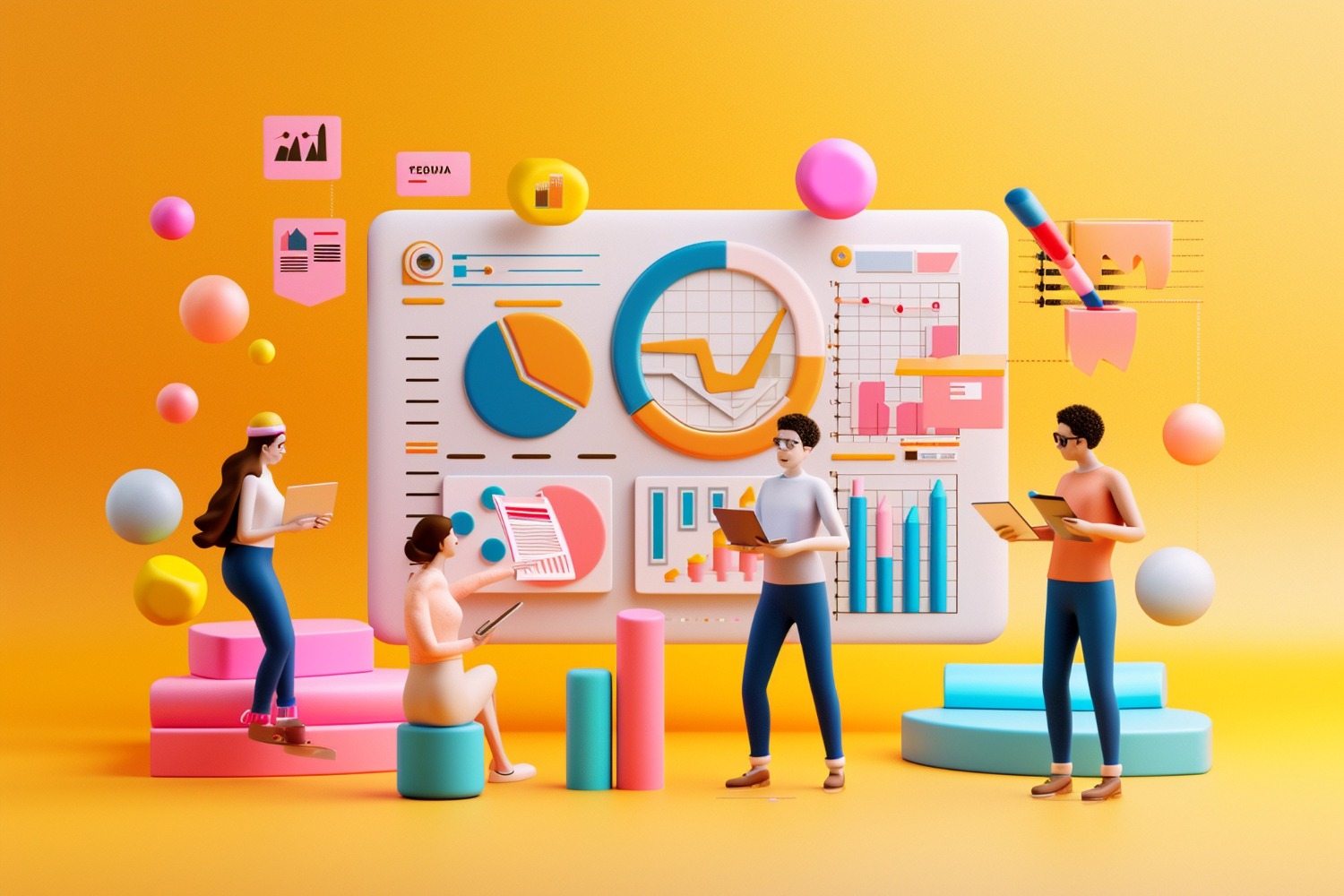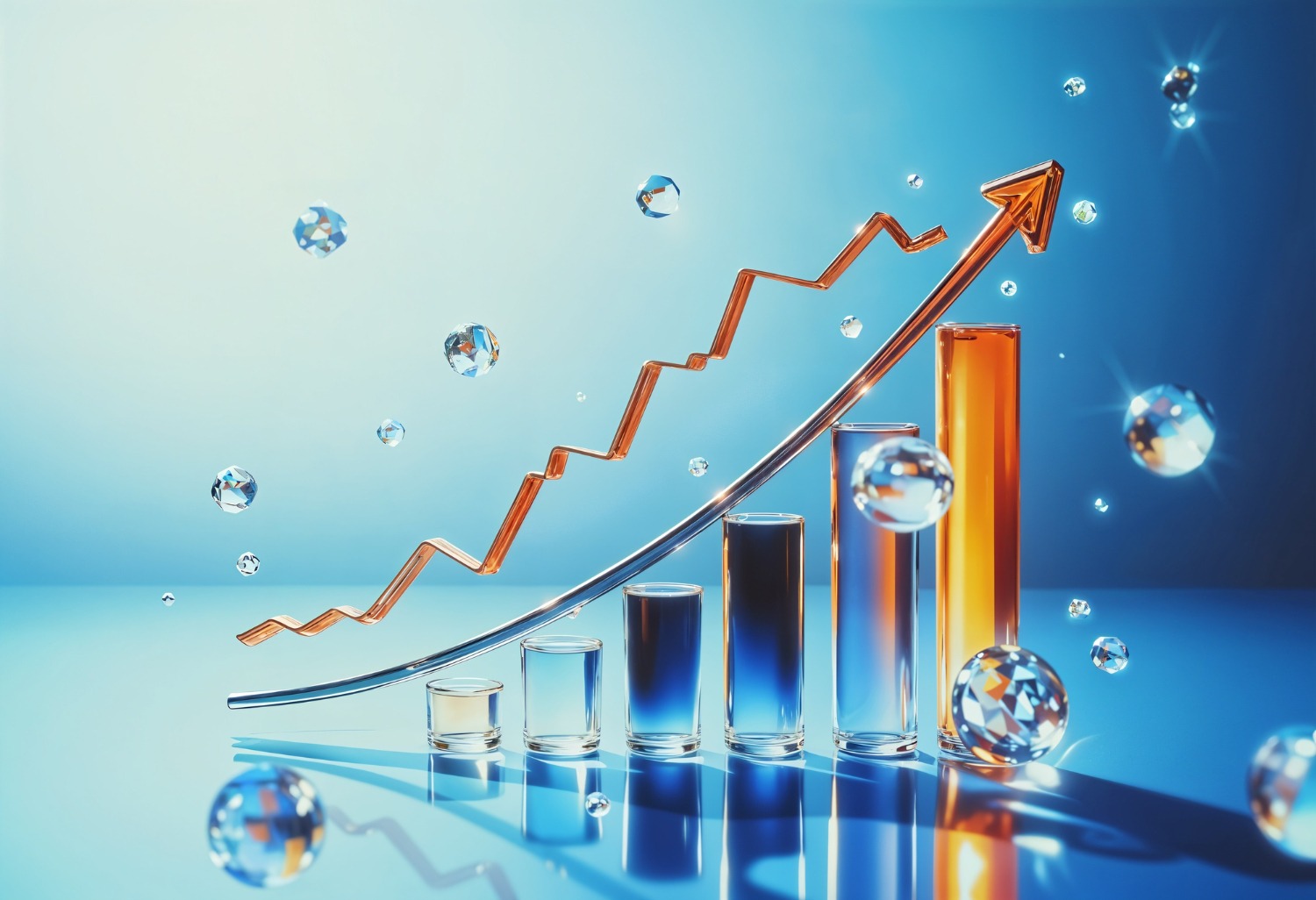How Data Science Is Transforming Industries
From healthcare and finance to retail and transportation, data science has become a game-changer, unlocking new possibilities and transforming traditional practices. By analyzing vast amounts of data, companies can make more informed decisions, predict trends, and improve customer experiences. Let’s explore how data science is revolutionizing various industries and driving unprecedented growth.
1. Healthcare: Enhancing Patient Outcomes
Data science has significantly impacted the healthcare sector by improving diagnostics, personalizing treatments, and streamlining administrative processes. Predictive analytics helps doctors identify potential health risks and recommend preventive measures. For example, machine learning models can analyze patient data to detect early signs of diseases such as cancer or diabetes, leading to timely interventions.
Additionally, data science is driving advancements in drug discovery. By analyzing molecular data, researchers can identify potential drug candidates faster, reducing the time and cost of bringing new medications to market. Moreover, wearable devices and health apps collect real-time data, empowering patients to monitor their health and providing doctors with valuable insights for better care.
2. Finance: Driving Risk Management and Fraud Detection
In the finance industry, data science plays a crucial role in risk assessment, fraud detection, and customer insights. Financial institutions use predictive models to evaluate creditworthiness, reducing the risk of loan defaults. Additionally, algorithms analyze transaction patterns to detect unusual activities, flagging potential fraud in real-time.
Data science also enables personalized financial services. By analyzing customer spending habits and preferences, banks and fintech companies can offer tailored products, such as customized investment plans or credit card recommendations. This personalization not only enhances customer satisfaction but also boosts revenue.
3. Retail: Enhancing Customer Experience
The retail industry has embraced data science to improve customer experience, optimize supply chains, and increase sales. By analyzing purchase history and browsing behavior, retailers can provide personalized recommendations, creating a more engaging shopping experience. Dynamic pricing algorithms adjust prices in real-time based on demand, competition, and inventory levels, maximizing profitability.
Furthermore, data science helps retailers predict trends and manage inventory effectively. Predictive analytics ensures that popular products are always in stock while reducing overstock of less popular items. This leads to improved customer satisfaction and reduced operational costs.
4. Transportation: Optimizing Operations and Safety
Data science is revolutionizing the transportation industry by enhancing route optimization, improving safety, and reducing operational costs. For instance, ride-sharing companies like Uber and Lyft use data science to match drivers with passengers efficiently, predict demand, and optimize routes.
In logistics, companies use predictive analytics to estimate delivery times, identify potential delays, and optimize fleet management. Additionally, data from sensors and IoT devices in vehicles help monitor performance, schedule maintenance, and prevent breakdowns. In public transportation, data science is used to analyze passenger flow and optimize schedules, improving overall efficiency and service quality.
5. Manufacturing: Increasing Efficiency and Reducing Downtime
In manufacturing, data science is being utilized to enhance production processes, predict equipment failures, and reduce downtime. Predictive maintenance uses data from sensors to identify potential issues before they lead to costly breakdowns. This proactive approach not only saves money but also ensures continuous production.
Moreover, data science enables manufacturers to optimize production lines by analyzing factors such as machine performance, labor efficiency, and material usage. By identifying bottlenecks and areas for improvement, companies can streamline operations and increase output.
6. Marketing: Targeting the Right Audience
Marketing has been transformed by data science, enabling businesses to deliver highly targeted and personalized campaigns. By analyzing consumer behavior, preferences, and demographics, marketers can segment audiences and tailor messages that resonate with specific groups.
Predictive analytics helps identify potential customers and determine the best time and channel to engage them. Additionally, sentiment analysis of social media data provides insights into public perception, allowing companies to refine their strategies and respond to customer feedback more effectively.
Conclusion
Data science is undeniably transforming industries by enabling data-driven decision-making, improving efficiency, and fostering innovation. As technology continues to advance, the potential applications of data science will only grow, creating new opportunities and reshaping the way businesses operate. Embracing data science is no longer an option but a necessity for organizations looking to stay competitive in the modern world. By harnessing the power of data, industries can unlock unprecedented growth and drive meaningful change.




